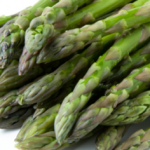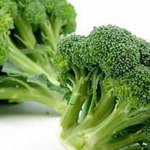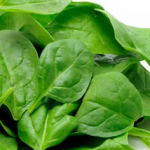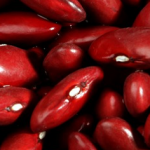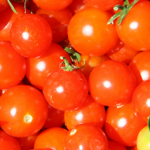Red Onion
Allicin
Allicin is a natural-occurring compound that can help prevent the heart problems associated with adult-onset diabetes. It is easy to tap into the allicin content of red onions since allicin is more prominent once onions have been diced, sliced, or cut in just about any other way, which is a common step in the preparation of onions for salads or cooked meals. Allicin helps to lower the risks of heart problems by alleviating blood pressure. It has also been found that allicin can help in the destruction of cancer cells, thereby helping in the prevention of diabetes-related cancers.
Chromium
The mineral chromium has been found to help regulate blood sugar while also increasing the production and effectiveness of insulin. This can especially help in metabolizing various fats and carbohydrates. The assisted metabolic functions provided by chromium can be instrumental in weight loss, meaning that the consumption of red onions might help to not only manage, but also prevent, adult-onset diabetes.
Quercetin
Quercetin has a couple of implications for those who suffer from diabetes. The first is that quercetin, much like allicin, is very healthy in terms of preventing heart problems. Quercetin is a powerful antioxidant that can help to cleanse the bloodstream. Quercetin is also an anti-inflammatory agent, meaning that it can help promote weight loss by inhibiting the activation of inflammatory receptors that affect metabolic functions. Furthermore, quercetin has been seen to have an impact on the inhibition of cancer cells, helping to prevent the occurrence of cancer in those who suffer from more serious cases of type 2 diabetes. Quercetin can also help in the management of insulin deficiencies, though has not been shown by any large-scale studies to affect blood sugar.
Glycemic Index
Any food source with a glycemic index under 55 is generally considered among the healthier choices for diabetics. Red onions clock in at only 10, meaning that they are very unlikely to induce blood sugar spikes unless consumed in ridiculously high amounts. This means that red onions can be integral to the regulation of blood glucose and insulin. The end result is less fat storage, better cholesterol, relief of blood pressure, and generally improved health.Conclusion
Red onions are able to provide a number of health benefits for diabetics due to their many nutrients and their low glycemic index. They are also very low in calories and contain no fat whatsoever. With their high nutrient content, especially in terms of chromium, red onions are an important food source that can be easily implemented into the diets of those who suffer from diabetes.

